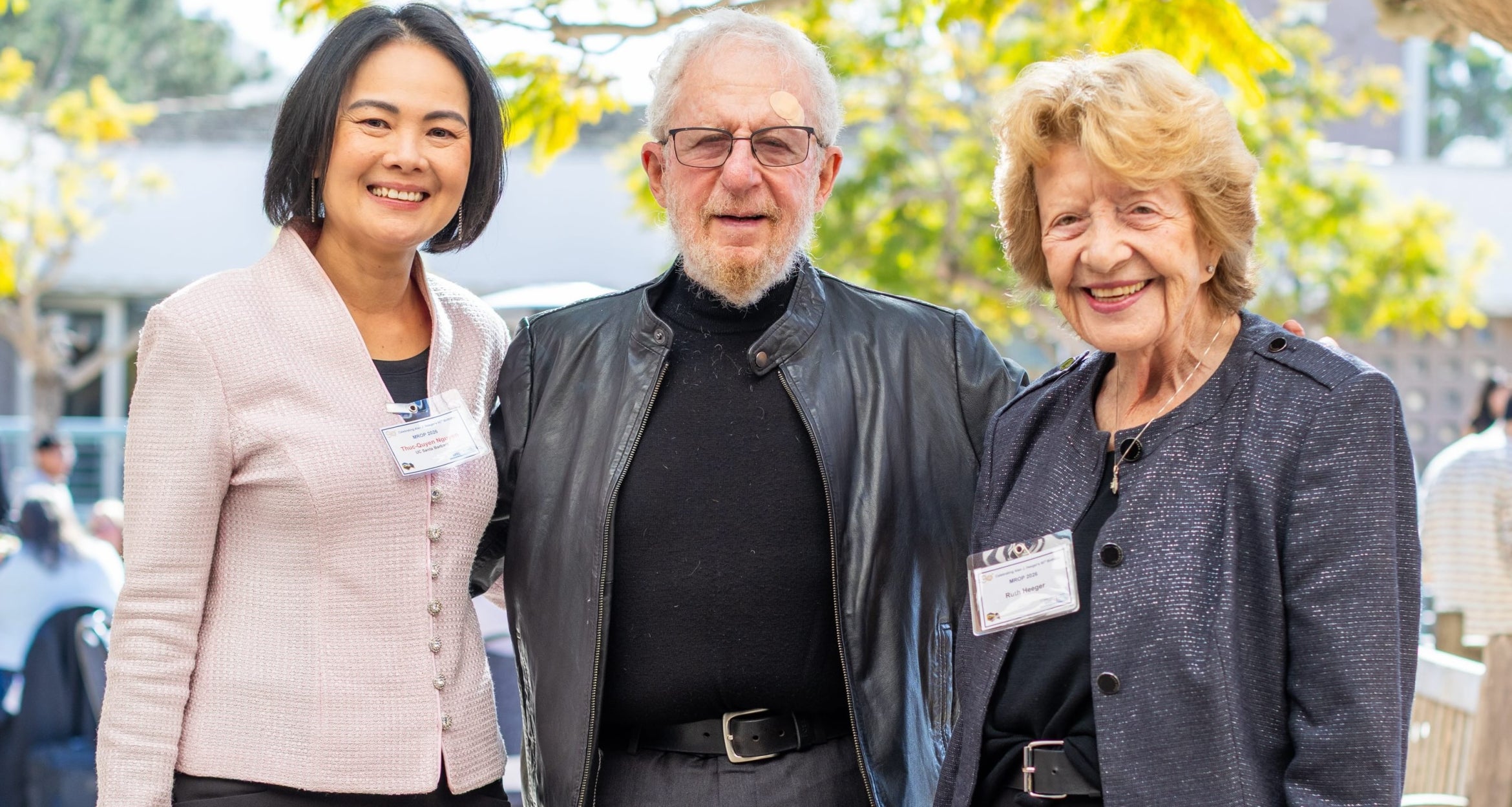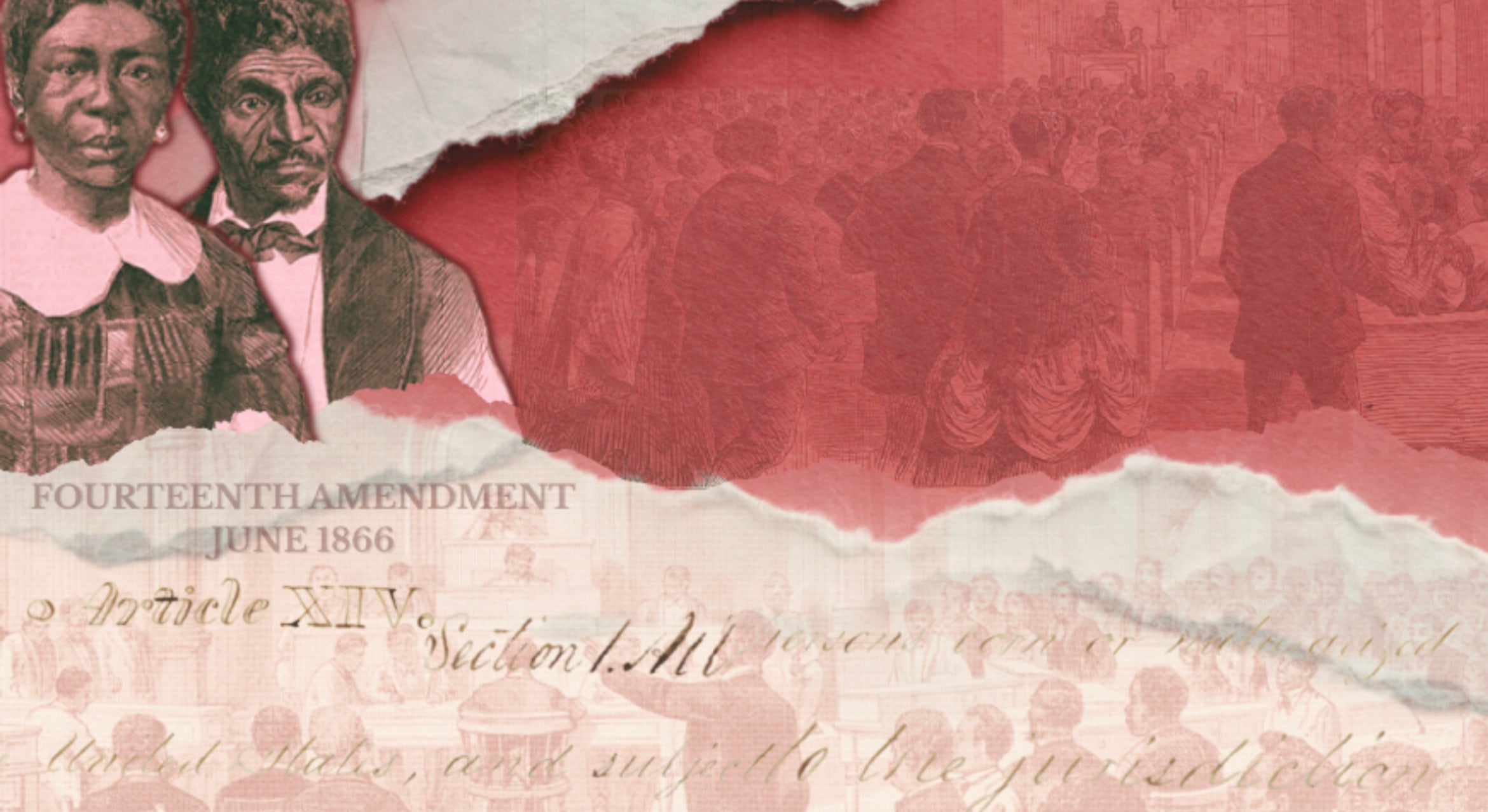
Ready to Serve
After a COVID-enforced hiatus, the UC Santa Barbara Reserve Officer Training Corps (ROTC) will return to Goleta Beach Park Friday, June 11, at 2 p.m. to commission 13 cadets from the Surfrider Battalion as second lieutenants in the U.S. Army.
Col. Charles L. Matallana, a 1996 graduate of UCSB and the Surfrider Battalion, will deliver the keynote address. He serves as brigade commander for the108th Air Defense Artillery Brigade in Fort Bragg, N.C.
Nine of the new officers will go on active duty, while four will serve in the Army Reserve or National Guard. All will attend the Basic Officer Leaders Course.
This year’s second lieutenants are Lukas Abatie, Martha Anaya, Cameron Bernatene, Joanna Chau, Nicholas Christensen, Jessica Gantt, Micah Haskins, Tobin Hess, Dylan Manfredi, Jeremy Romash, Simon Shapiro, Broderick Shore and Sydney Stafford.
“Working together closely during my time as the professor of military science, I’m constantly impressed by their energy, resilience and positive attitudes that carried them through every challenge they’ve faced over these past four years,” said Lt. Col. Travis Buehner, who leads the battalion. “They have demonstrated incredible leadership and adaptability this past year working through the challenges brought on by the COVID-19 pandemic. We are very proud of their commitment to serve their country and take on the responsibility of leading the men and women of our armed forces. It has truly been an honor and a privilege serving alongside of them.”
The Surfrider Battalion has been a staple on campus since before there was a campus. It was established in 1947 at the Santa Barbara College of the University of California at Santa Barbara, preceding the official founding of the university’s current campus and making it the oldest organization at UCSB.
The training corps was part of the National Defense Act of 1916 signed by President Woodrow Wilson. The act formally established the ROTC to train and prepare high school and college students for military service. The program has changed a lot since then, going from mandatory to voluntary, opening to women and becoming a pathway for dedicated students to explore the options offered by the military.
The modern ROTC focuses on training a diverse group of undergraduates to become leaders, whether they choose to serve in the military or not. Students complete military-specific training while they work toward their undergraduate degrees, with scholarships available to those who choose to pursue a career with the armed forces.
The department’s lower-division curriculum imparts valuable military knowledge, while upper-division courses give students both theoretical and practical leadership and management skills. The department offers no majors or minors, instead augmenting what is already offered by the university to prepare its cadets for service.



